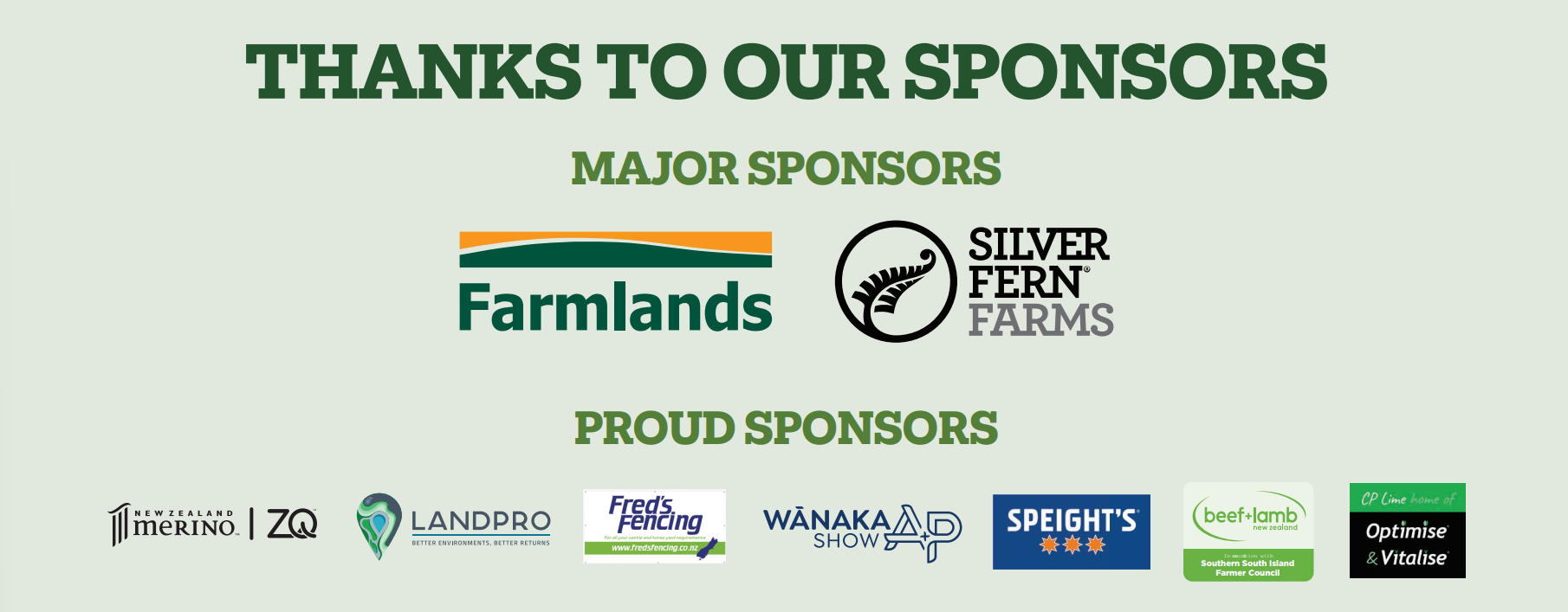
"We have to pinch ourselves every day. We feel like we’ve won the lottery."
Ben and Bex Trotter are beef and strawberry farmers near Wānaka, recreating memories of quintessential Kiwi childhoods spent picking juicy strawberries in the berry patch under the summer sun.
Bex grew up on a dairy farm at Rotorua, while Ben grew up on a sheep and beef farm at Woodlands in Southland. Both ended up at Lincoln University at the same time — Ben studied agricultural science and Bex commerce — but they never met.
It was in Waikato when their paths crossed, where Ben was working for Agricom and Bex with FMG.
After some time in Australia, they relocated to Central Otago, a region with which they had "a bit of a love affair" and which ticked the boxes for their love of the outdoors.
They now have a mix of owned and leased land where they finish 1000 bulls on a techno-beef rotation grazing system and operate a burgeoning berry business which they say is driven by passion.
Having grown up in the Bay of Plenty, Bex recalled lots of pick-your-own strawberry operations. The fruit grew in a cold climate and she could not work out why there were not any pick-your-own farms in the South.
Initially, they planted several hundred strawberry plants in their home garden as a trial and it worked well. They spent a winter watching YouTube videos of "how to grow strawberries", bit the bullet and planted 30,000 plants.
Having grown them in their back yard, they ripped up a paddock and it was not until 5500m of plastic was laid that they had a "holy s... moment", Bex laughs.
From planting to opening, Bex was consumed with getting consent to set up the business. Their first season in 2021-22 saw them "pretty much get picked out every week" as they received widespread community support.
So they planted another 40,000 plants for their next season. In June, they finished planting their third patch for which they planned to plant 50,000 but a failed crop in the commercial strawberry growing sector meant only 20,000.
They also supplied some local supermarkets and restaurants and they were looking at expanding the business, keen to supply the South with fresh berries into supermarkets and restaurants.
While pick-your-own was for a short space of time, it was "something iconic" and they were amazed how many people had thanked them for what they were doing, creating an annual family tradition. They also had many people their parents’ age dropping by and sharing their memories of picking strawberries as children.
"It’s really cool they are coming back around something they remember distinctly from their childhood," Ben says.
Ben still works for Agricom, which researches, develops and markets proprietary pasture and forage crop seeds to the agricultural industry. There were a lot of parallels between growing fodder crops for farmers and the horticulture industry.
Their skills were complementary; Bex reckoned she could not do the strawberries without Ben’s knowledge of inputs and growing, while she was key when it came to dealing with customers and people.
The couple were grateful for the support of their own family and also for their "amazing" staff during the picking season, while their three young children, Florence, Eddie and Arthur, simply thought the strawberry farm was where they went for breakfast.
The Upper Clutha region had an incredible opportunity to grow produce, with knowledge and working with the seasons, and more food was needed in the region. Ben and Bex also grow watermelons on the farm and there were options to grow other fruit.
— Sally Rae
















